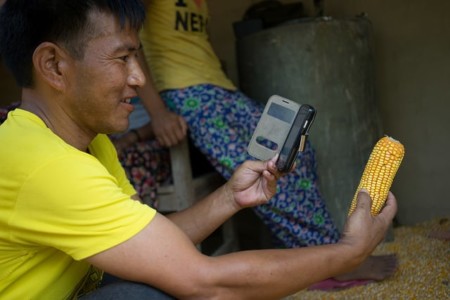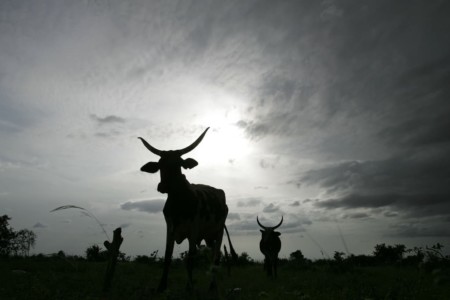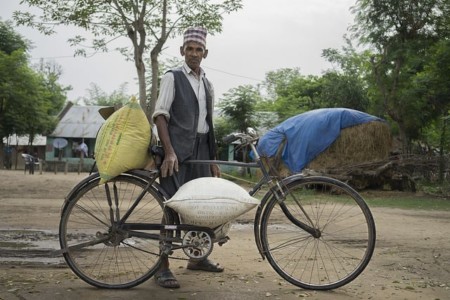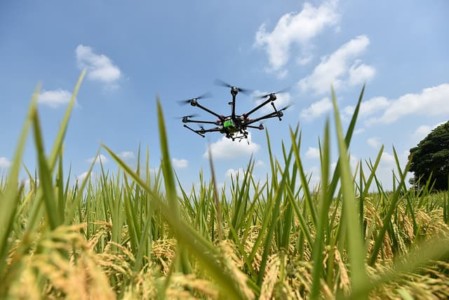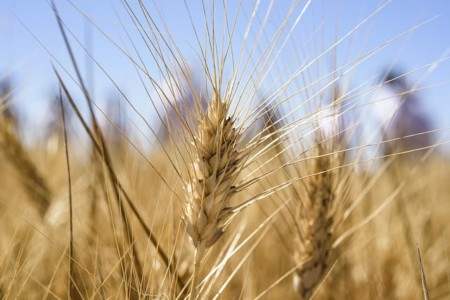News Archives:
August 24, 2018
Customized agricultural advice for specific crops based on local weather, soil data, pests and diseases, and input availability can improve management practices, productivity and profitability of smallholder agriculture. But personalized services do not incorporate potentially useful information on what farmers observe in their fields, such as crop color, texture and how the crop is growing. The project aims to provide personalized agricultural advice based on localized information as well as visible crop characteristics derived from farmers’ own smartphone pictures.
August 23, 2018
Thousands of historical posts on the topic of dairy farming & livestock can be found in farming Facebook groups in sub-Saharan Africa. These posts often contain detailed reports of livestock disease as well as queries and comments about productivity and management concerns but as yet they remain unanalyzed. The project proposes to combine social media data with ILRI data to create an open-source platform to analyze and visualize emerging livestock disease outbreaks and related issues in Kenya, and disseminate this information through Farm.ink’s chatbot service.
August 23, 2018
2017 Winner Using IVR to connect farmers to market The Inspire Challenge is an initiative to challenge partners, universities, and others to use CGIAR data to create innovative pilot projects that will scale. We look for novel approaches that democrati …
August 23, 2018
The project expects to radically transform pest and disease monitoring by using artificial intelligence (AI), advanced sensor technology and crowdsourcing capable of connecting the global Ag community to help smallholder farmers. It aims to increase the effectiveness of farm-level advice by leveraging three critical advances: 1) the democratization of AI thanks to open access platforms such as Google’s TensorFlow, 2) the miniaturization of technology allowing affordable deployment, and 3) the development of massive communication and money exchange platforms such as M-Pesa that allow rural extension to scale as a viable economic model enabling last mile delivery in local languages.
August 14, 2018
Wheat yellow rust, caused by Puccinia striiformis f. sp. tritici (PST), is currently considered the most damaging wheat disease globally, with yield losses sometimes higher than 60%. This project aims to develop and mainstream an affordable, mobile in-field pathogenomics platform called MARPLE (Mobile And Real-time PLant disEase) to revolutionize crop pathogen surveillance and diagnostics in real time. It will rely on the MinION mobile genome sequencer platform and assess its deployment in situ in Ethiopia.

